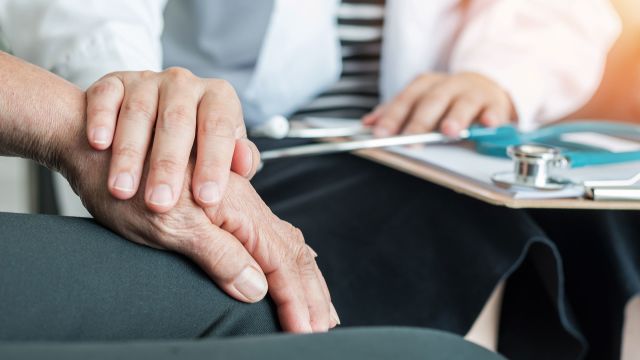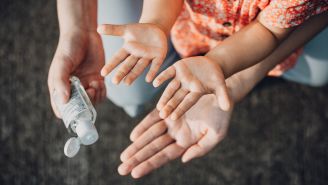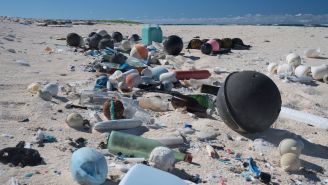On January 1st, 2019, Hawaii’s legislation to allow terminally ill individuals to request medical aid in dying came into effect. The “Our Care, Our Choice Act” (OCOCA) arived after 20 years of debate. It is still controversial among Hawaii residents and physicians. Hawaii became the seventh state or jurisdiction following Oregon, Washington, California, Vermont, Colorado and the District of Columbia, to allow medical aid in dying for terminally ill patients. Since then, New Mexico, Montana, Maine, and New Jersey have signed similar bills.
To request medical aid in dying, patients must adhere to strict medical and state-mandated requirements. Participants must be:
- At least 18 years old and a Hawaii state resident
- Diagnosed with a terminal illness with a prognosis of six months or fewer to live by an attending physician and confirmed by a consulting physician
- Able to self-administer a prescription for life-ending medication
- Able to make two oral requests no less than 20 days apart to a licensed healthcare provider in Hawaii
- Deemed mentally capable of making an informed, voluntary decision for medical aid in dying by the patient’s attending physician, consulting physician and one counselor (such as a psychiatrist, psychologist or licensed clinical social worker)
- Able to complete one written request in a specified format that is signed and verified by signatures from two witnesses
Once these criteria are met, a physician can prescribe medication, likely in capsule form, that a patient can fill. As most medical aid-in-dying medications are Schedule II narcotics, Hawaiian law dictates that participants will need to fill the prescription within seven days or be forced to get a new prescription.
Given the controversial nature of medical aid in dying, the Department of Health (DoH) supports an “engaged neutrality” where providers neither directly support nor hinder the program. “What we are seeing early on is that health systems are prohibiting medical aid in dying activities in acute care facilities (hospital premises, for example) but give physicians in their offices the discretion to participate,” says Lorrin Kim, chief of the state Health Department’s Office of Planning, Police and Program Development.
Participation in OCOCA is voluntary for healthcare providers. Physicians are also required to inform patients of other end-of-life care options available such as hospice and palliative care. The goal of OCOCA is to provide another choice among many available options to those with a terminal diagnosis.
Hawaii has the most rigorous safeguards in the country governing medical aid in dying, specifically the requirement that patients undergo an additional mental health screening from a counselor to be deemed mentally capable. Kim explained one reason for this requirement: “Several testifiers noted opportunities for foul play due to inheritance and estate issues, as well as disagreements among relatives about caregiving burdens.”
Since this is the first year Hawaii has offered medical aid in dying, there may be kinks that healthcare providers and the DoH will need to work out. “The department is required to submit recommendations to amend the law annually in December,” says Kim. This will help OCOCA to adapt over time to meet the needs of Hawaii residents.
Making the decision to seek medical aid in dying is a deeply personal and difficult decision, both for patients and their providers. There are many reasons why someone might seek aid-in-dying medication. Aubrey Hawk of Compassion & Choices Hawaii, a nonprofit that seeks to improve end-of-life options and care, explains: “It's part of a bigger picture of patients having more options and more control over their end-of-life experience so that when they do have an element of control entered into the picture, they can enjoy their final days that much more.”






